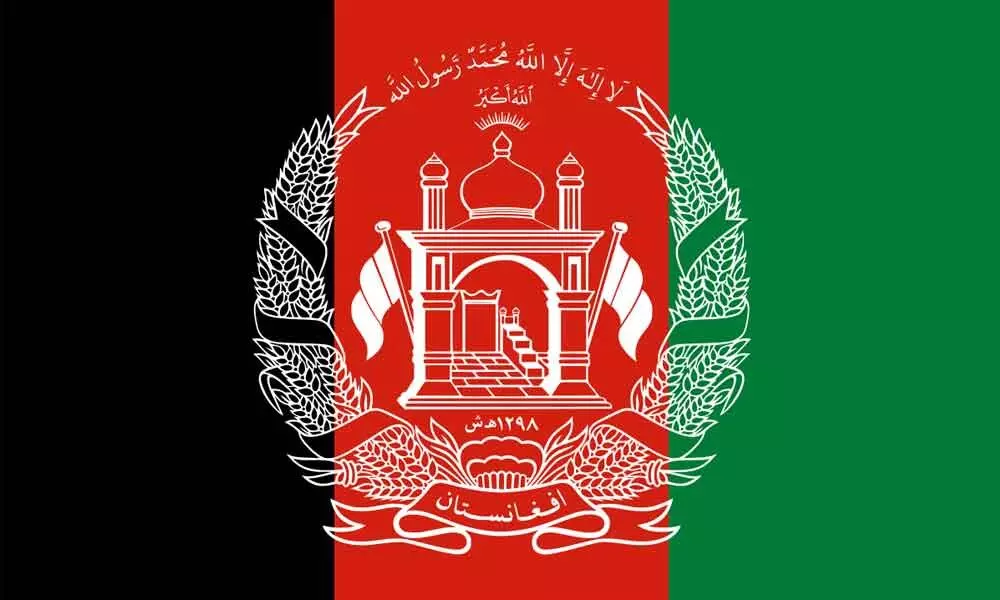Afghanistan assumes centrestage

Afghanistan assumes centre stage
United States President Joe Biden will leave US troops in Afghanistan past the current May 1 deadline but will withdraw them by September 11, US officials said. This move to extend the Afghan stay followed a rigorous policy review.
The new withdrawal date is the 20th anniversary of al-Qaeda's attacks on the United States, which triggered the war in Afghanistan. Biden has been signalling that he would likely miss the May 1 deadline negotiated by the Donald Trump administration and the Taliban as it became clear that withdrawing the remaining 2,500 troops would be difficult and potentially unsafe.
US officials have also blamed the Taliban for failing to live up to commitments to reduce violence and some have warned about persistent Taliban links to al-Qaeda. In a statement last month, the Taliban threatened to resume hostilities against foreign troops in Afghanistan if they did not meet the May 1 deadline.
But Biden will still set a near-term date for withdrawal, potentially allaying Taliban concerns that he would drag out the process. The senior Biden administration official stressed that the pull out would not be subject to further conditions. The ultimate withdrawal would be based on certain security and human rights guarantees.
The President's approach and his decision that he made was done through close consultation with military leaders, with his national security team, with partners and allies around the world, and with his objective in mind of ensuring focus on the threats.
The Taliban declined to comment about Biden's decision, saying the group has not been notified of the US decision. Meanwhile, officials in Afghanistan are bracing for the withdrawal. It remains unclear how the Taliban leadership as well as the group's rank-and-file members feel about the reported delay of the US troop withdrawal.
There are not any enough details as to what the thinking is both at the leadership level and within the rank and file.
The Taliban have shown that they are usually unified with their final decisions. Turkey had announced it would host an Afghan meeting till May 4 to jumpstart efforts to end the war and put together a possible political settlement.
The United Nations and Qatar are included in the event, and Turkey's foreign ministry said the Afghan government and the Taliban will attend, but the Taliban said it had not committed to those dates.
A draft peace plan proposed by the United States for Afghanistan last month had called for the current government to be replaced with an interim administration until a new constitution is agreed and elections held, while a joint commission monitors a ceasefire.
The Afghan warring parties, however, have long harboured deep objections to key ideas in the proposal, reviewed by the Reuters and The Associated Press (AP) news agencies. The US special envoy for Afghanistan, Zalmay Khalilzad, shared the eight-page Transitional Peace Government proposal last month with Afghan President Ashraf Ghani, opposition and civil society leaders and Taliban negotiators.
Under the interim government, the national parliament could either be expanded to include Taliban members or suspended until after the election, the plan suggests.
It also says Afghanistan could "not host terrorists or permit terrorist-related activity on its soil" that threatens other countries and that the Taliban would have to abandon safe havens and military ties "in neighbouring countries".
The document outlines the terms of a ceasefire and its enforcement, calls for the protection of the rights of women, children and minorities and envisions a truth and reconciliation commission aimed at healing 42 years of conflict.
















